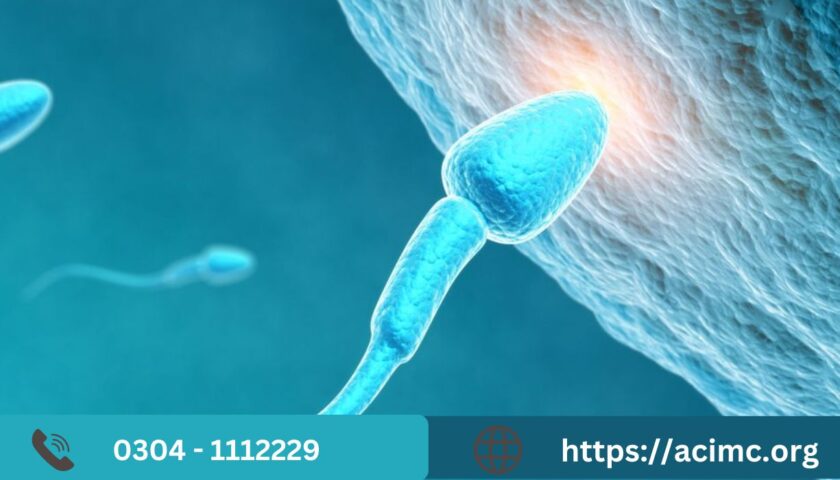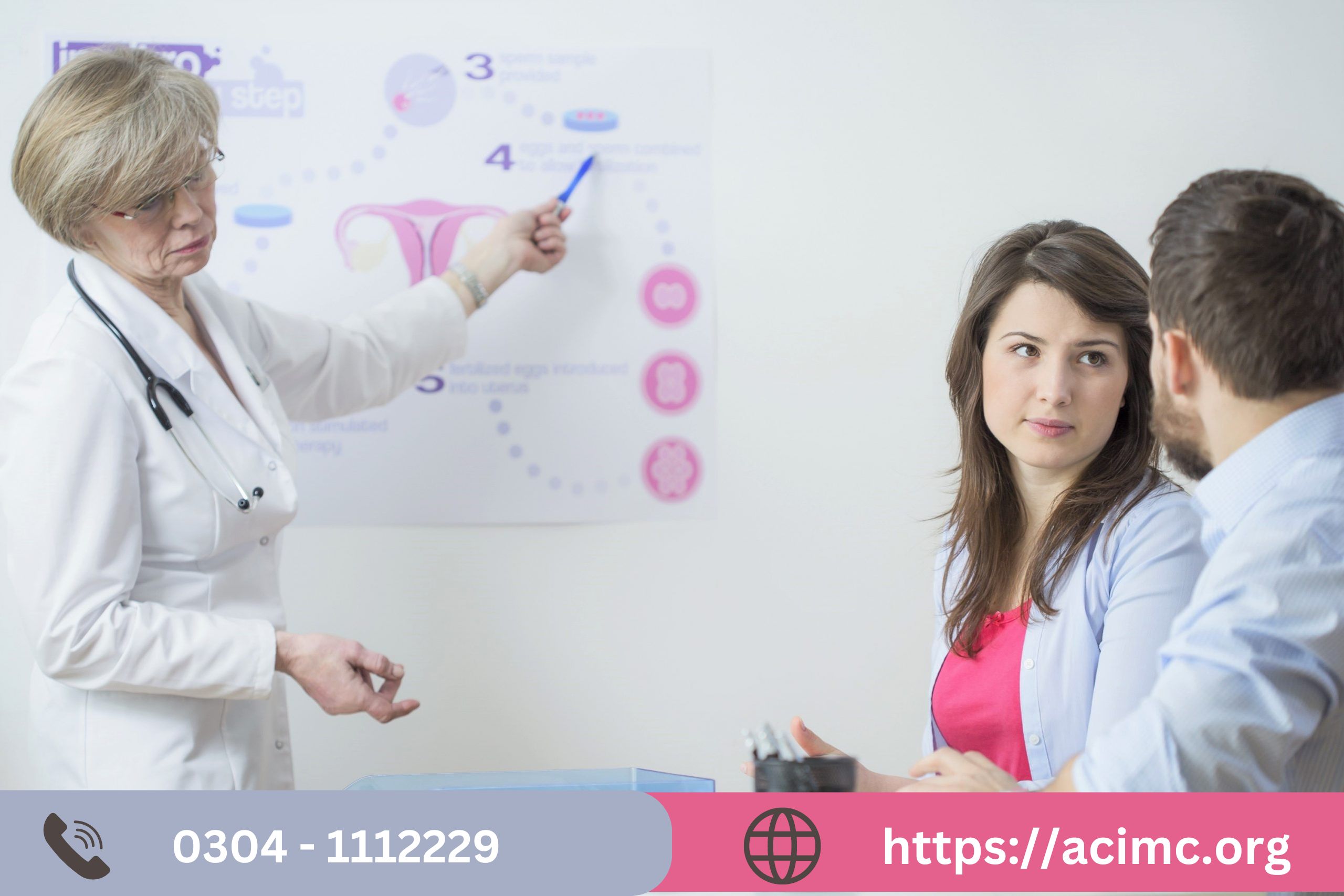Infertility is when a couple is unable to conceive despite regular, unprotected intercourse. It causes significant disturbances to the couple’s physical and emotional well-being, as well as intense psychological stress. It carries with it a societal stigma. Infertility treatment requires early professional health care. Patients should seek expert advice and assistance. Partners over 35 who have been trying for six months or those under 35 who have been trying for a year should be evaluated to determine possible causes. An early diagnosis leads to proper treatment of the cause.

An IVF specialist prescribes a basic test called semen analysis, where the husband gives his semen ejaculate after 3–4 days of the gap in intercourse. This simple test may usually be used to determine whether the male factor is the cause of infertility. A correct diagnosis may occasionally require further blood tests and ultrasounds. An appropriate diagnosis cultivates the pathway for proper treatment.

The infertility doctor advises a series of hormone and ultrasound tests for female partner evaluation. All these tests are done on specific days of the menstrual cycle, guided by fertility experts. Infertility has a significant relationship with the age of couples, especially females. Advancing age consumes ovarian reserves, the number of eggs present by birth in the ovaries of females. Chances of conceiving decrease with the age of females. IVF, or test tube baby, is the best treatment for all types of infertility. In Pakistan, the overall success rate of in vitro fertilization (IVF) is between 35 and 40 percent below the age of 35. Above 35, the rate decreases significantly. This percentage shows how age is crucial in treating infertility and acquiring a healthy pregnancy. An early assessment helps in achieving a successful pregnancy.





